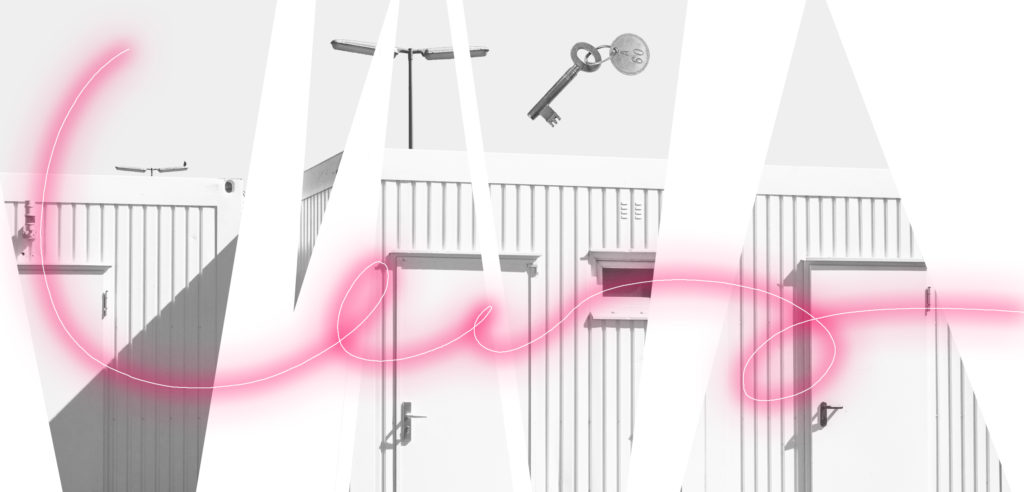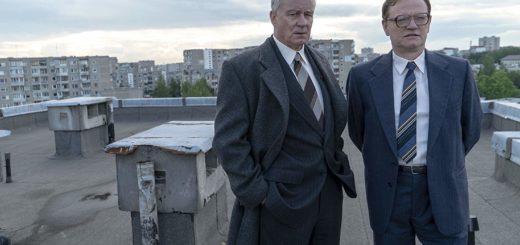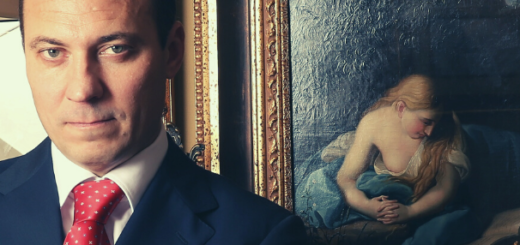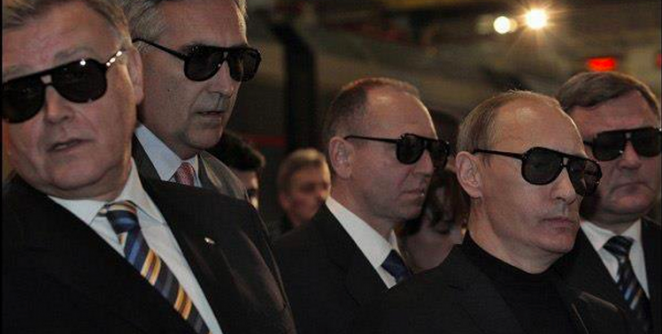Business in Crimea and rehabilitation of military officers in Kiev. How a small hotel violates the EU sanctions
After the annexation, the owner of the eco-hotel “Artemis” in Crimea Svetlana Sinenko left the peninsula and organized a rehabilitation center for the participants of the armed hostilities in the Donbass. At first, the center worked in Krivyi Rih, later it moved to Kiev. According to Sinenko, her Crimean tourist complex does not accept guests. But, as Current Time and “Municipal Scanner” have found out, the hotel continues to work and violates the EU sanctions.

Private health resort
Eco-hotel “Artemis” is a small complex in the village of Ponizovka near Yalta: several two-story wooden houses and stone cottages, two restaurants, a spa complex with a pool and a sauna. The territory of the recreation center occupies 20 thousand square meters and is located a hundred meters from the Black Sea.
The hotel in its current form was fit out by Svetlana Sinenko. She is a citizen of Ukraine, she moved to Crimea at the end of the 2000s from Krivyi Rih – she was appointed as the financial director of the sanatorium of the Krivyi Rih mining and processing plant “Krivorozhskiy gornyak”. But Sinenko soon purchased a recreation center and founded her own business.
In interviews with various media, Sinenko boasted that “Artemis” was the first health resort that received a European eco-certificate. In 2013, a quarter of all guests were tourists from Europe and the United States.
After the annexation of Crimea, the hotel was re-registered in the Russian state register of legal entities as OOO “Artemida”. Its main founder, according to the register, is the Cypriot company Dabarin Commercial Limited, and Svetlana Sinenko owns only 1.3% of it. In addition, the same Cypriot company and Svetlana Sinenko (0.1%) own another recreation center in Crimea – OOO “Alberta”. It consists of a dozen temporary summer houses for tourists in Alupka.

During the interview with Current Time, Sinenko did not want to name the beneficiaries of the Cypriot company, but she described the relationship with them as “friendly and collaborating”.
The official owner of the Cypriot Dabarin Commercial Limited is a Belize company Flavin Finance Limited. The director of Dabarin Commercial Limited is Yuri Orlenko. He used to be the director of the Crimean private enterprise “Coffee”, which until 2018 was wholly owned by Svetlana Sinenko.
EU sanctions. “We’re neighbors, and he doesn’t have enough space there”
In July 2014, the European Commission banned EU countries from developing a tourism business in the annexed Crimea – this ban also applies to the Cypriot Dabarin Commercial Limited. But sanctions should not affect the company, Sinenko insists, because Artemis has ceased to be profitable.
“I don’t think that the Cypriot company will have any problems, because Artemis does not actually work”, – Sinenko said.
“Artemis” representatives confirmed to Current Time that the hotel does not accept tourists – but it’s not empty either. “Our base is completely full of builders, and we won’t be working in summer – we’re completely full. We will not work as a recreation center anymore”, – answeredthe hotel administrator by phone.
The builders mentioned by the employee of “Artemis” work in the neighboring hotel “Mriya”. Here is how Svetlana Sinenko explains their appearance at the eco-hotel:
“Neighboring Mriya, which belongs to Sberbank, rents it, if I may call it that. In general, they do what they want there. It’s our property, but we cannot do anything. It doesn’t work, we cannot get any money from it and we cannot sell it either”
The “Mriya” hotel, together with a medical center and many entertainment facilities, is part of Mriya Resort & SPA – one of the largest sanatorium-resort complexes in Crimea.
Legally, Mriya Resort & SPA acts on behalf of OOO “Garant-SV”, whose founder, through a chain of several Russian companies, is PAO “Sberbank of Russia”.
It was because of Sberbank that Mriya was added to the US sanctions list in November 2018: the explanation indicated that the largest Russian bank had invested about $300 million in the development of Mriya Resort & SPA.
Svetlana Sinenko is reluctant to talk about renting “Artemis” for builders, which, according to her, is not profitable. She claims that this did not happen on her initiative:
“They are building in all directions, expanding, and we are their neighbors. They just need territory there. Grant (Grant Babasyan, CEO of Mriya Resort & SPA – CT), of course, set up there. He has a Japanese village there, an underwater water park and everything you want there. And now he is building a winery, and he just needs our territory, because we are neighbors, and he does not have enough space there.”
According to Sinenko, they do not have a lease agreement. “Mriya” refused to comment on the relations with “Artemis”.
“If we have any relationship with a third-party legal entity, then this relationship is built exclusively between the two parties and is confidential” – was the response of the complex to an inquiry from Current Time.

Income and preparations for sale
However, as Current Time found out, there actually is a lease agreement: Mriya entered into it with the “Technologii Gostepriimstva” (TG) company. And this organization, which is engaged hotel management, in turn, signed an agreement with the owners of “Artemis”.
The Eco-Hotel “Artemis” was transferred to “Technologii Gostepriimstva” two years ago, said Sergey Gavrilov, Financial Director of TG. “Hotel business is primarily guest service. The owner is not an expert in this. He often does not have time to manage staff, there is no desire. It’s easier to outsource the management – and that’s why hotel business professionals manage the hotel”
It was decided to transfer the hotel to the management company due to the fact that all the owners moved to Ukraine, Pavel Sitnik, the director of “Artemis” and “Alberta”, told Current Time.
“The hotel, roughly speaking, worked only in the summer, and the tenant tries to rent it out it all year round. Therefore, we thought that it would be more profitable. We considered it necessary to lease it with a subsequent sale”, – says the director of “Artemis”.
Sitnik refutes the words of Svetlana Sinenko that the hotel does not receive profit.
“We have a long-term contract. According to it, they are engaged there… According to the agreement that we signed with “Technologii”, we get [profit] from “Technologii”, – he said.
The second Crimean hotel of Sinenko – “Alberta” – was also handed over to a private entrepreneur by Pavel Sitnik. Now, Sitnik says, negotiations are underway on the sale of both recreation centers. Among potential buyers of “Artemis” is Mriya Resort & SPA.
Rehabilitation of military officers
“The situation is really difficult”, –Svetlana Sinenko now lives in Kiev, and reluctantly recalls Crimea and her Crimean business, – “Maybe they’ll agree on something. I had to abandon everything at the age of almost 60, and now I had to start all over again”
Having left the occupied peninsula in 2014, Sinenko founded a rehabilitation center for veterans of the war in eastern Ukraine in Krivyi Rih. For the first two years, the center was located at the premises of the sports and entertainment complex “Escorial”, which partially belonged to Eduard Samotkal. Sinenko had a common business with Samotkal: until June 2014, they both were founders of the Ukrainian company “RudSnab”, which was engaged in the sale of ore.
Eduard Samotkal appears in a criminal case on the theft of property of the South Ukrainian Nuclear Power Plant. As the director of the Dara Group, he allegedly took over 10.5 million hryvnias ($400 thousand) from the enterprise. In the summer of 2018, the National Anti-Corruption Bureau of Ukraine (NABU) put Samotkal on the wanted list. The court arrested his property: 15 apartments, a Bentley, a restaurant and non-residential premises, as well as corporate rights in eight companies. “Escorial” is not mentioned in the court decision.
In 2016, Svetlana Sinenko’s center moved to Kiev. Over the years, more than 300 combatants have undergone rehabilitation in it, she says. Now the rehabilitation of the military officers has stopped, because similar state programs have appeared.
“As a paid clinic, [we] earned money and spent this money on the rehabilitation of the participants of the anti-terrorist operation – the combatants. They were arriving in a continuous stream. After military operations, after getting wounded, they ended up in hospitals, and then they were discharged – and there was nowhere [to go]. They were sent to “Soviet” sanatoriums, but they were not treated there. And so, we organized such a center. Orthopedists, therapists and psychologists worked here”, – says Sinenko.





